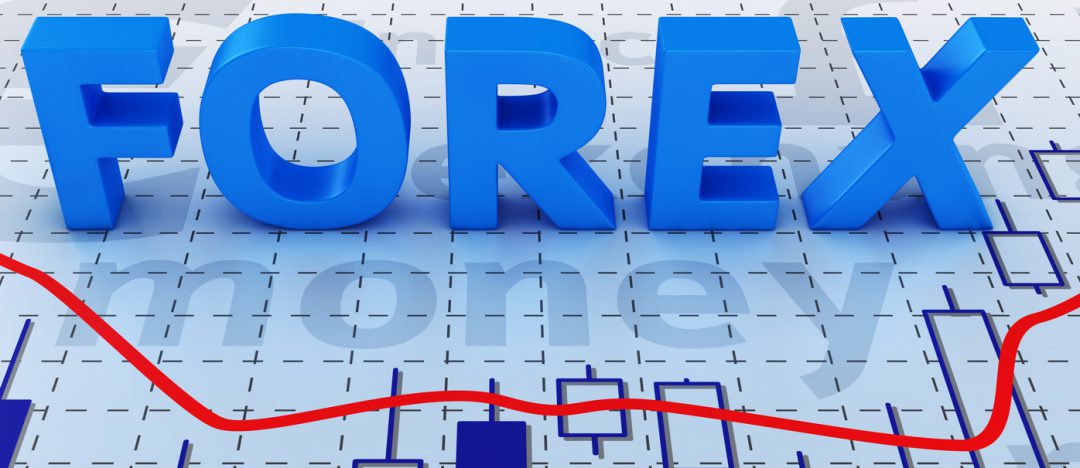The world of currency trading is not just about numbers and charts; it’s a vibrant narrative woven with historic moments that have not only shaped the forex market but also the global economic landscape. These pivotal events, marked by high volatility and significant market shifts, offer valuable lessons and insights into the complex interplay between economics, politics, and global finance. Let’s delve into some of these historic moments, exploring their impact and the indelible marks they’ve left on the world of forex trading.
One such moment occurred in 1992, a year famously chronicled in the annals of currency trading history due to the event known as “Black Wednesday.” On this day, the British Pound suffered a massive devaluation against other major currencies, a direct result of the UK government’s withdrawal from the European Exchange Rate Mechanism (ERM). Speculators, most notably George Soros, anticipated this move and took positions that bet against the Pound. The fallout was dramatic, with the Pound plunging in value and Soros’ fund making a profit reported to be over $1 billion. This event not only highlighted the influence of speculation in forex markets but also underscored the vulnerabilities inherent in fixed exchange rate systems.
Another unforgettable episode unfolded in 1997, with the Asian Financial Crisis. Triggered by the collapse of the Thai Baht after the government was forced to float it due to lack of foreign currency to support its fixed exchange rate, the crisis quickly spread across Asia, affecting currencies and economies region-wide. The turmoil saw massive capital outflows, stock market declines, and increased foreign debt due to the devaluation of local currencies. This period of financial contagion demonstrated the interconnectedness of global markets and the domino effect that can occur when confidence in one currency wavers.
Fast forward to 2008, the global financial crisis, which, while primarily a banking crisis, had profound effects on the forex market. The uncertainty and risk aversion led to significant movements in currency values, with traders flocking to the perceived safety of the Japanese Yen and the US Dollar. The crisis highlighted the role of currencies as a barometer for global economic health and the speed at which capital can move in response to global events.
The Swiss Franc shock of 2015 is another landmark event that sent ripples through the forex market. The Swiss National Bank unexpectedly removed the cap on the Swiss Franc’s value against the Euro, leading to a sharp appreciation of the Franc. Many traders and institutions were caught off guard, resulting in substantial losses for those who had bet on the Franc remaining weak. This event underscored the importance of risk management in forex trading and the unpredictability of central bank actions.
These historic moments in currency trading are not just tales of caution; they’re also narratives of opportunity, resilience, and the ever-evolving nature of global financial markets. They remind traders of the importance of staying informed, being prepared for volatility, and the need for sound risk management strategies.
For those venturing into currency trading, these stories offer more than just lessons; they provide a backdrop against which the current market movements can be viewed. They underscore the significance of historical context in understanding currency fluctuations and the factors that drive them. In a market driven by speculation, economic indicators, and geopolitical events, knowing the past can be as crucial as anticipating the future.
The history of forex trading is dotted with moments of high drama, profound learning, and significant change. These events have shaped the market, influenced trading strategies, and altered the course of currencies worldwide. For traders, these moments are a reminder of the market’s power, the importance of preparedness, and the potential for both risk and reward. As the forex market continues to evolve, the lessons learned from these historic moments remain invaluable, guiding traders as they navigate the complex and fascinating world of currency trading.



